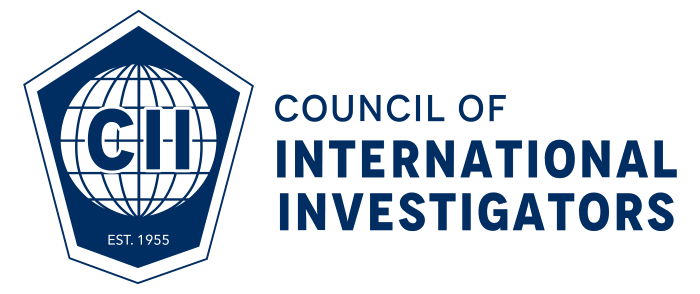Is Your Due Diligence Vendor Delivering Real Intelligence — Or Just Data?
In today’s fast-moving business environment, due diligence is no longer a “check-the-box” exercise. Whether you’re assessing a potential partner, onboarding a client, or investigating a vendor, the quality of the intelligence you receive can make or break critical decisions. But here’s the hard truth: not all due diligence providers are created equal.
Some deliver true intelligence. Others? Just data.
So how can you tell the difference—and why does it matter?
Data vs. Intelligence: The Critical Distinction
- Data is raw, unprocessed, and often overwhelming. It might include public records, scraped information, or large databases filled with names, numbers, and filings. While useful, data alone doesn’t tell you what it means—or how it affects your risk.
- Intelligence, on the other hand, goes deeper. It’s data that has been analyzed, contextualized, and validated by experienced professionals. Intelligence doesn’t just give you “what’s there.” It explains why it matters to your business, what the risks are, and how to act on them.
Think of it this way: data is the haystack. Intelligence is finding and explaining the needle.
Signs Your Vendor Is Delivering Only Data
If your due diligence reports look like little more than a stack of records, you may be getting shortchanged. Common red flags include:
- No analysis — Just a list of hits, filings, or references, with no interpretation.
- Information overload — Dozens of pages of results, but no clear picture of the subject.
- Unverified sources — Reliance on unchecked databases or incomplete public records.
- Lack of customization — Every report looks the same, regardless of your specific risk profile.
In short, you’re left doing the hard work yourself—sifting through noise to figure out what’s relevant.
What Real Intelligence Looks Like
A strong due diligence partner moves beyond collecting data to deliver actionable insight. That means:
- Contextual analysis — Understanding whether a record is material, relevant, or a red flag.
- Human expertise — Analysts who interpret findings, spot inconsistencies, and connect dots that software alone can’t.
- Global reach, local knowledge — Access to both international sources and on-the-ground understanding of local environments.
- Clear, concise reporting — Instead of drowning you in data, intelligence providers give you digestible findings with recommended next steps.
When you receive real intelligence, you’re not just better informed—you’re better equipped to make confident, risk-aware decisions.
Why It Matters More Than Ever
With increasing regulatory scrutiny, reputational risks, and complex supply chains, settling for “just data” isn’t good enough. False positives can waste resources, while overlooked red flags can expose your organization to financial, legal, or reputational damage.
Real intelligence provides clarity in the noise—helping you see the risks before they become problems.
Final Thought
Your due diligence vendor should be more than a data provider. They should be a trusted partner, delivering intelligence that empowers your decisions. The question to ask yourself is simple:
Are you buying information, or are you investing in insight?
The difference can determine whether your organization is protected—or blindsided.






